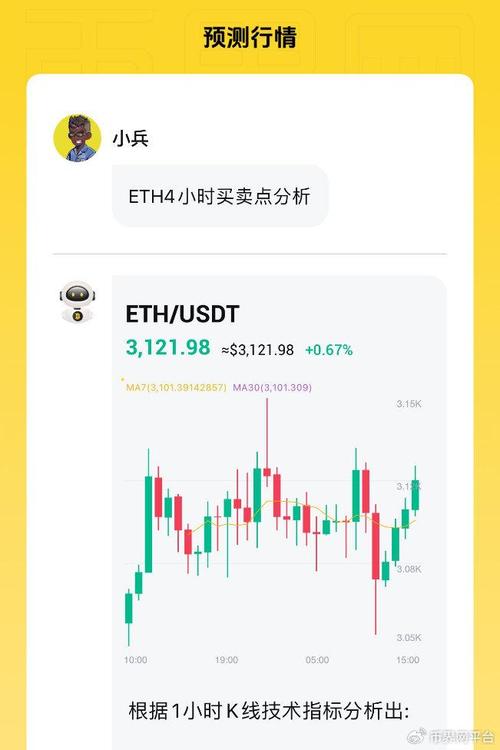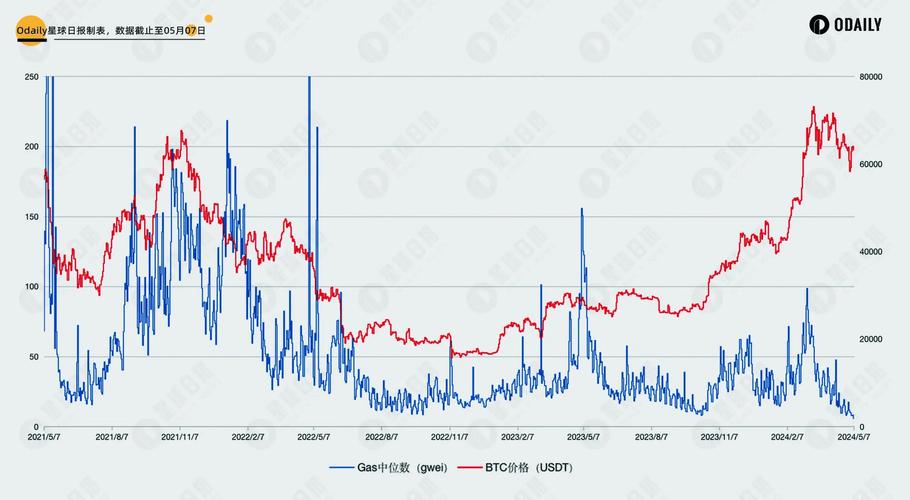
Average Gas Price: Ethereal Yet Tangible
Understanding the average gas price, often referred to as “eth,” is crucial for anyone navigating the world of blockchain and smart contracts. This article delves into the multifaceted nature of gas prices, offering insights into how they are calculated, their impact on transactions, and the factors that influence them.
What is Gas Price?
The gas price is a measure of the cost associated with executing a transaction on the Ethereum network. It is denoted in “Gwei” (one billionth of an Ether) and is paid to miners for their work in processing transactions.

How is Gas Price Calculated?
The gas price is determined by the user and is based on the current market conditions. It is calculated by multiplying the gas limit by the gas price per unit. The gas limit is the maximum amount of gas that a transaction is allowed to consume.
Here’s a simple formula:
| Gas Price (Gwei) | Gas Limit | Total Cost (Gwei) |
|---|---|---|
| 50 | 200,000 | 10,000,000 |
As you can see, the total cost of a transaction is directly proportional to the gas price and the gas limit.
Factors Influencing Gas Price
Several factors can influence the gas price on the Ethereum network:

- Network Demand: When the network is busy, the gas price tends to rise as users are willing to pay more to prioritize their transactions.
- Transaction Complexity: Transactions that require more computational resources, such as those involving smart contracts, often have higher gas prices.
- Market Conditions: Similar to other cryptocurrencies, the gas price can be affected by market sentiment and overall demand for Ethereum.
Impact of Gas Price on Transactions
The gas price has a significant impact on the transaction process:
- Transaction Speed: A higher gas price can result in faster confirmation times, as miners prioritize transactions with higher fees.
- Transaction Cost: A higher gas price means a higher cost for the user, which can be a concern for those with limited funds.
- Network Congestion: High gas prices can exacerbate network congestion, leading to longer confirmation times for all transactions.
Optimizing Gas Price
Understanding how to optimize your gas price can help you save money and ensure your transactions are processed efficiently:
- Monitor Gas Prices: Keep an eye on the current gas prices to determine the best time to send your transaction.
- Adjust Gas Limit: Set a reasonable gas limit to avoid unnecessary costs.
- Use Gas Price Estimators: Tools like EthGasStation can help you estimate the optimal gas price for your transaction.
Conclusion
Understanding the average gas price, or “eth,” is essential for anyone engaging with the Ethereum network. By considering the factors that influence gas prices and optimizing your transaction strategy, you can ensure a smooth and cost-effective experience.



